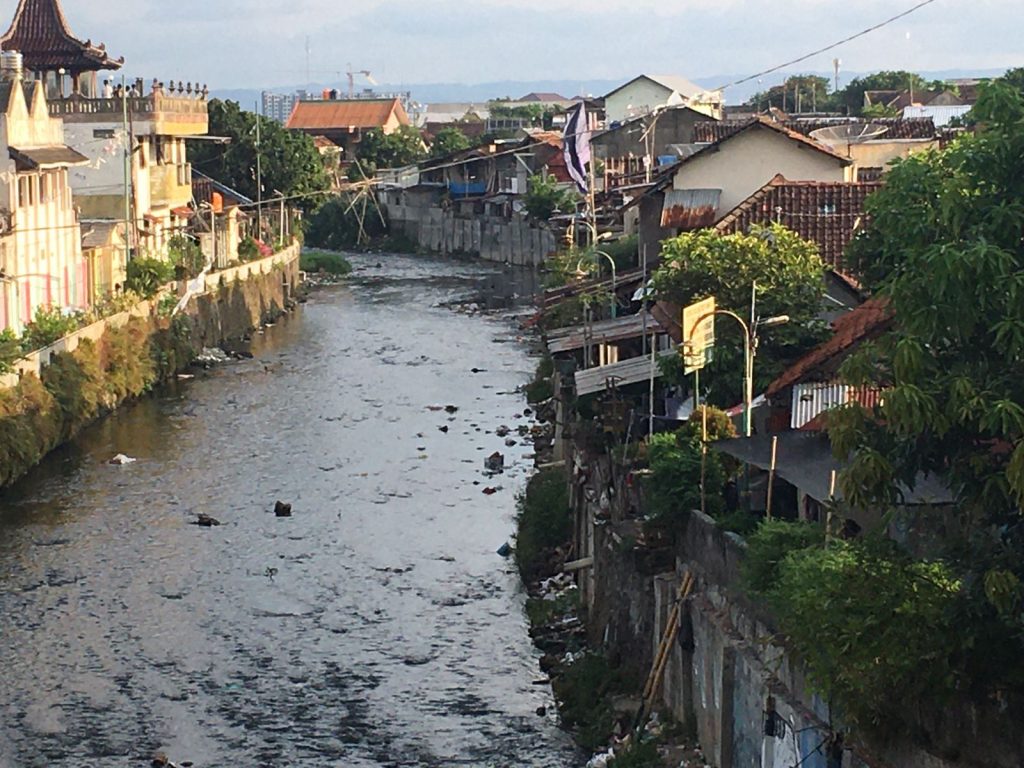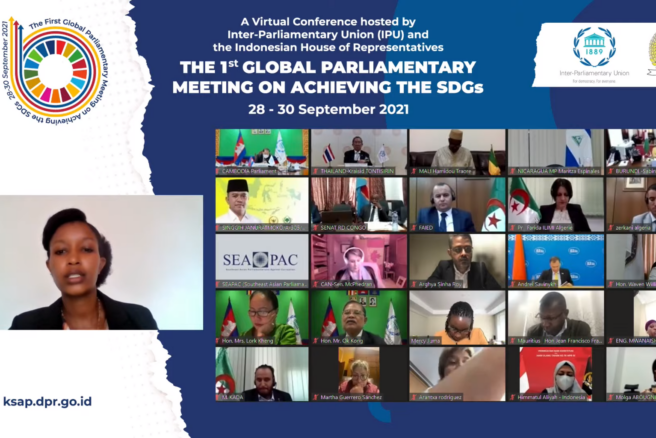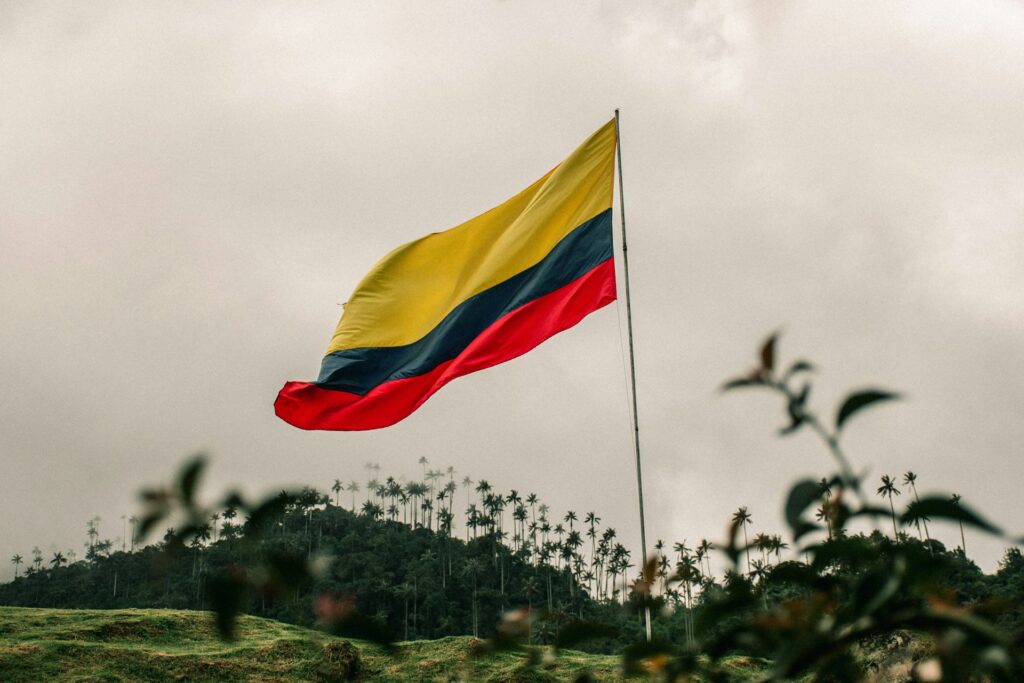Parliamentarians from all over the world gathered for a meeting in Bali to discuss achievement of Sustainable Development goals. There were speeches full of fancy words but little action. How could international meetings of parliamentarians be more useful?
On 28-30 September 2021, the Inter-Parliamentary Union (IPU) and the House of Representatives of the Republic of Indonesia, Dewan Perwakilan Rakyat ‒ DPR ‒ were organizing the First Global Parliamentary Meeting on Achieving the Sustainable Development Goals (SDG), entitled Turning the challenges of the COVID-19 pandemic into opportunities for parliaments to achieve the SDG. The event was held online and recorded, and it can be accessed here.
Despite the high-profile international gathering, and the importance of the SDG topic, which was supposed to raise the visibility of the functions of the Indonesian parliament publicly, this event was not covered much in the Indonesian news. It has already been previously noted that the Indonesian parliament did not do much during the COVID-19 pandemic, sort of “detaching itself from the struggle of its own citizens”, while focusing more on “global diplomacy”, This low visibility was due also to the institution’s mode of operation which is based on the personal activities of each member of parliament, especially those who have backgrounds as artists, celebrities, or elites of political parties.
The work mechanism at the DPR is balkanized, meaning that the members of parliament are segregated and divided, only focusing on the issues of their own commissions, rather than the whole of general legislative issues in the DPR, or their constituents. It is worsened with the fact that there is no voting mechanism at the plenary session, emphasizing the role of consensus in reaching decision as put forth by the party chairs’ oligarchy.
Members of the Indonesian parliament are segregated and divided, only focusing on the issues of their own commissions, rather than the whole of general legislative issues in the House of representatives, or their constituents.
With this background, it is difficult to capture news from the parliament as the members of parliament work only on commissions, and not working in the name as one DPR institution, even when the discussed issue is important as the SDG topic.
Moreover, the SDG issues in Indonesia are not discussed much publicly. In the state institutions, only a few at the national level know of the SDG issue, like the Ministry of National Development Planning (Bappenas), and the DPR under the committee of Inter-Parliamentary Cooperation (BKSAP). Beyond that, the SDGs are known in some units at universities or international agencies, while the general public remains uninformed, particularly schools and teachers.
This is in contrast with Finland, for example, where most institutions, like schools, NGOs, private companies, and the government are all aware of the SDG commitment and integrate the indicators in simple ways in their work programs, curriculums, and daily activities. For example, children in kindergarten have learned to recycle and to plant seeds. When applying for funding, Finnish academics are required to include the SDG aspects in their applications, for example in the Academy of Finland.

SDGs and parliamentary diplomacy?
It should be noted however, that the Indonesian parliament has been quite active organizing international gatherings to address the SDG issue. Between 2017-2019, the Indonesian parliament, or the BKSAP unit, organized the World Parliamentary Forum on Sustainable Development for three consecutive years in Bali. But these events have proceeded as little more than pleasant gatherings for global parliaments to visit Bali, without a high impact on national legislation, or on the citizenry.
The results of these events can be found in various documents, the Bali Declaration 2017, the Bali Commitment 2018, and the Bali Roadmap 2019. These documents are only recommendations though and as such members of the Indonesian parliament did not debate or discuss specific clauses during the events.
The forums were structured like seminars, with keynote speakers followed by questions from the audience rather than an open debate forum between parliamentarians. The selection of speakers was decided by the BKSAP chair, instead of any open or even formal discussion within the BKSAP committee or the DPR institution.
The BKSAP referred to these activities – organizing forums and participating in international events — as parliamentary diplomacy, as it involved meeting the international parliaments. Indeed, if diplomacy is based on the numbers of those participating in these international gatherings and events, the Indonesian parliament succeeded.
To deliver actionable results, the First Global Parliamentary Meeting on Achieving the SDG should have been followed up with actions, such as legislation through government policies and work programs, rather than just fancy words.
However, knowing this interparliamentary cooperation does not entail discussing any real legislative proposals or budgets but does entail participating in many international events abroad, the committee lacks a connection to constituents. Then, what public or constituents’ issues should have been diplomatized in the global parliamentary meetings? If the issues discussed at the international level had been implemented into programs, working together with government partners, such as Bappenas, and disseminated to the public at large, or at least used to create awareness of the SDG to all members of parliament, it could have been much more effective.
In Indonesia, the issue of SDGs is discussed sporadically, and the burden is directed to individual actions, rather than to the government policies or to the members of parties of the Indonesian parliament.
To deliver actionable results, the First Global Parliamentary Meeting on Achieving the SDG should have been followed up with actions, such as legislation through government policies and work programs, rather than just fancy words.
Still, the efforts of the Indonesian parliament to bring the SDG issue to the attention of the IPU through an event, attended by parliamentarians from 55 countries – mostly from middle-income countries – must be appreciated. Organising the event opened opportunities for the Indonesian members of parliament to emphasize the importance of the SDG issue to all.
The event for a show?
The first Global Parliamentary Meeting was held coincidentally at the same time as the Youth4Climate meeting held in Milan. Youth4Climate was attended by around 400 young climate activists who developed a concrete proposal for the ministers attending the preparatory meeting (Pre-COP) and the actual meeting of the UN Framework Convention on Climate Change (COP26). One of the participants at Youth4Climate was the young climate activist Greta Thunberg who argued that the “so-called leaders have so far offered only words, but which have led to no action.”
Thunberg’s words would also apply to the parliamentary event organised by the IPU and with the Indonesian parliament. The remarks from various parliamentarians were full of fancy words, often just advertising the work of their governments!
In every subject, from tackling the COVID-19 pandemic, climate change, to the SDG budget, the parliamentarians who had very limited time to speak — praised their respective governments but none reported on how their citizens have coped with the pandemic or climate issues.
As the people’s representatives the parliament should bring awareness of SDG to citizens, and at the same time, represent the activities of the constituents globally.
Governments have already had their own international forum to report and boast their activities. By comparison, it would be better to use such global fora to relay the voices of their citizens, to ensure that “no one is left behind”, as one motto of the SDG goes, and notably give voice to their minorities. As the people’s representatives the parliament should bring awareness of SDG to citizens, and at the same time, represent the activities of the constituents globally.
In the last session discussing actions for parliament to achieve the SDG, most parliamentarians also repeated the same role of parliaments for legislating, budgeting, and monitoring, without actually highlighting what it means for SDG-specific purposes.
It was quite disappointing to hear the remarks from the parliamentarians because all the relevant terminology being used – SDG achievement, collaboration, climate change is real, resilient recovery and so on – is not new and tends to keep being repeated without any real solutions or actions from parliaments being brought up. Hopefully, in the upcoming parliamentary event, there is an obligation to bring the cases or best practices from the parliamentarians’ constituents and voices from local people to the forefront. Parliaments work on behalf of the people, and so the people’s voices must be heard.
Ratih D. Adiputri is a university lecturer at Department Social Sciences and Philosophy (political science unit), University of Jyväskylä. Her research interest includes parliament, Southeast Asian democracy, education and sustainable development. Personal website: www.ratihadiputri.com




